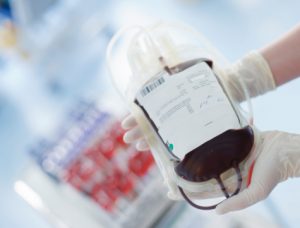
Senior researcher Dr. Navdeep Tangri said, patients may still benefit from the medications as they reduce the need for blood transfusions, but added, “This should close the book on the idea that these drugs help with exhaustion and improve patients’ quality of life.”
Anemia is common in chronic kidney disease, and so ESAs are normally prescribed to help treat anemia. Other findings suggested that raising hemoglobin beyond a certain level with ESAs resulted in an increased risk of heart attack, stroke, and blood clots.
The study reviewed 17 clinical trials with results reaffirming the current knowledge of the dangers surrounding ESAs. Researchers believe that overall well-being does not improve, because oftentimes patients are older, live a sedentary lifestyle, and have other medical conditions aside from chronic kidney disease.
When patients are younger and more active, ESAs are found to help overall well-being. Raising hemoglobin levels beyond nine in these patients does show benefits.
The review of clinical trials showed that raising hemoglobin levels did not boost quality of life for kidney disease patients. In some patients who were not on dialysis, certain improvements due to raised hemoglobin were seen, but Dr. Tangri did not find them to be medically significant.
The findings were published in the Annals of Internal Medicine.